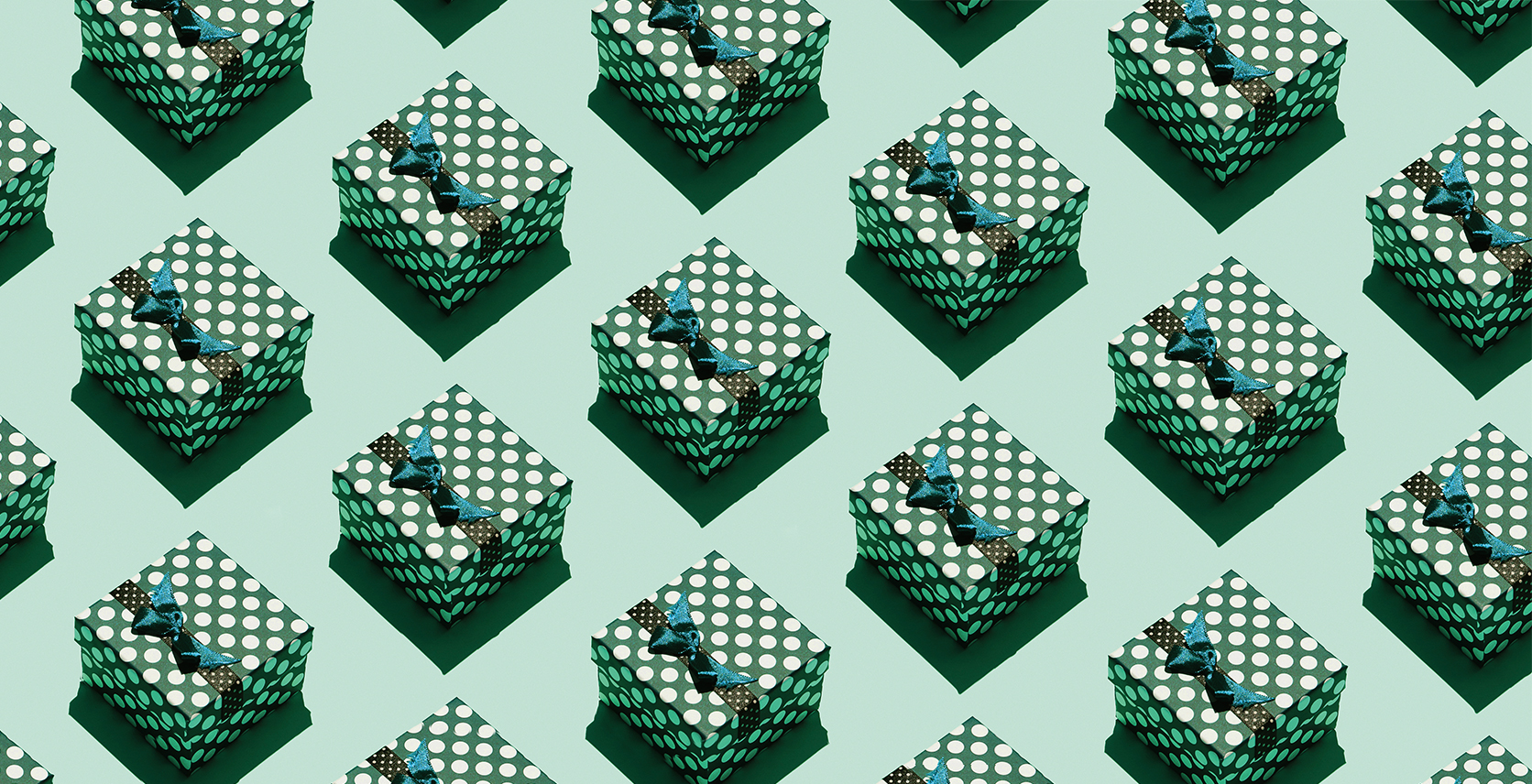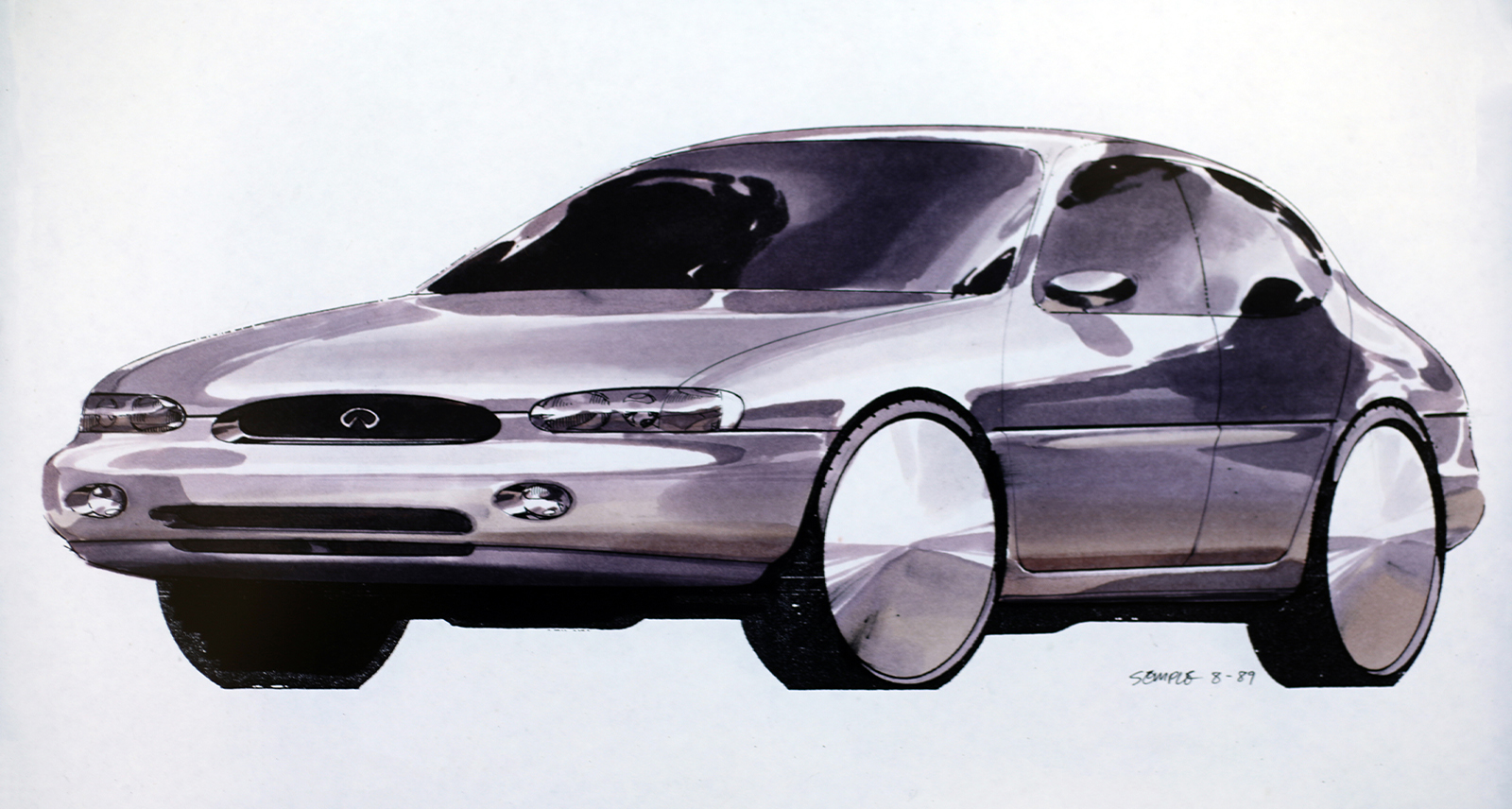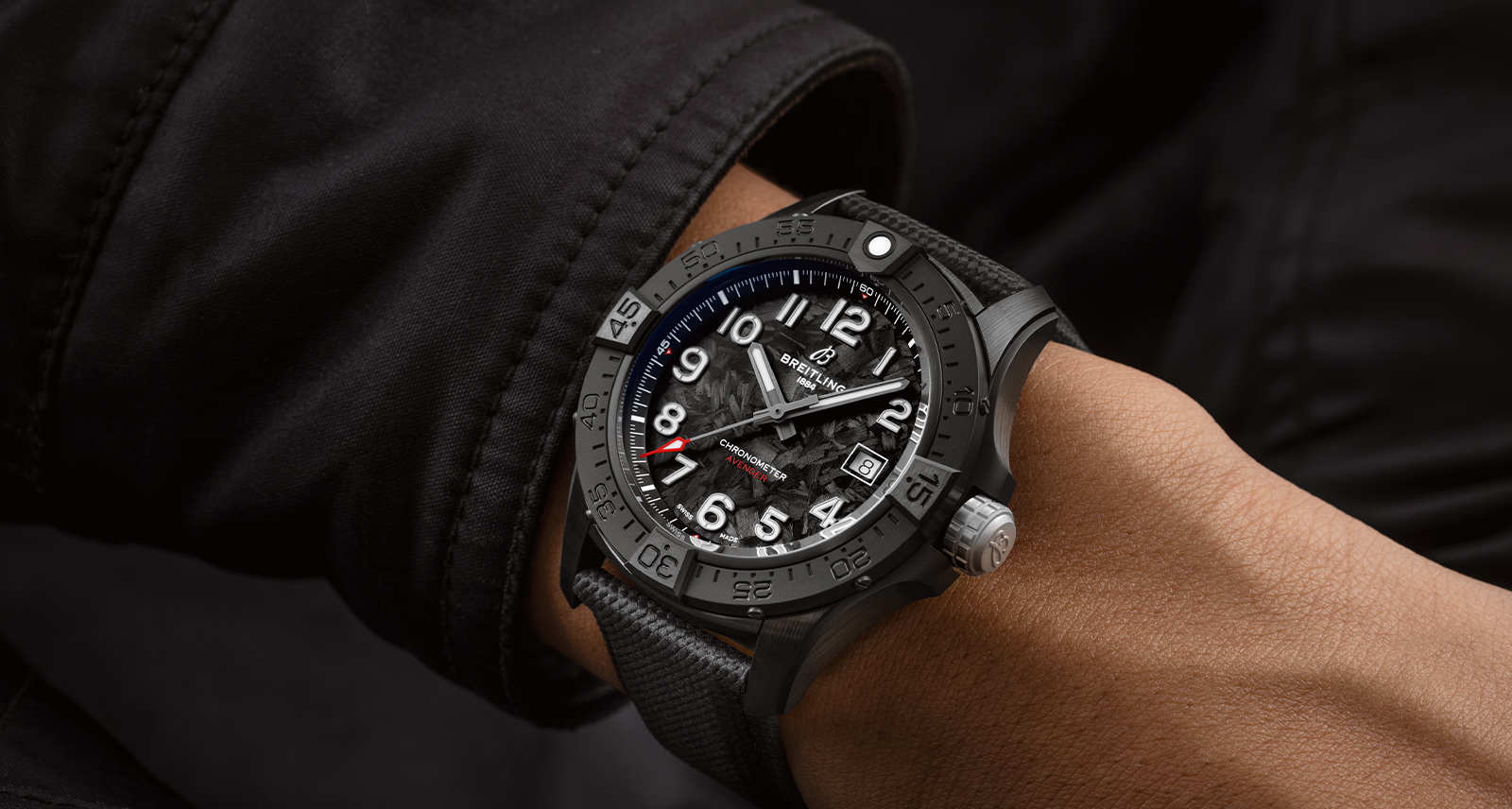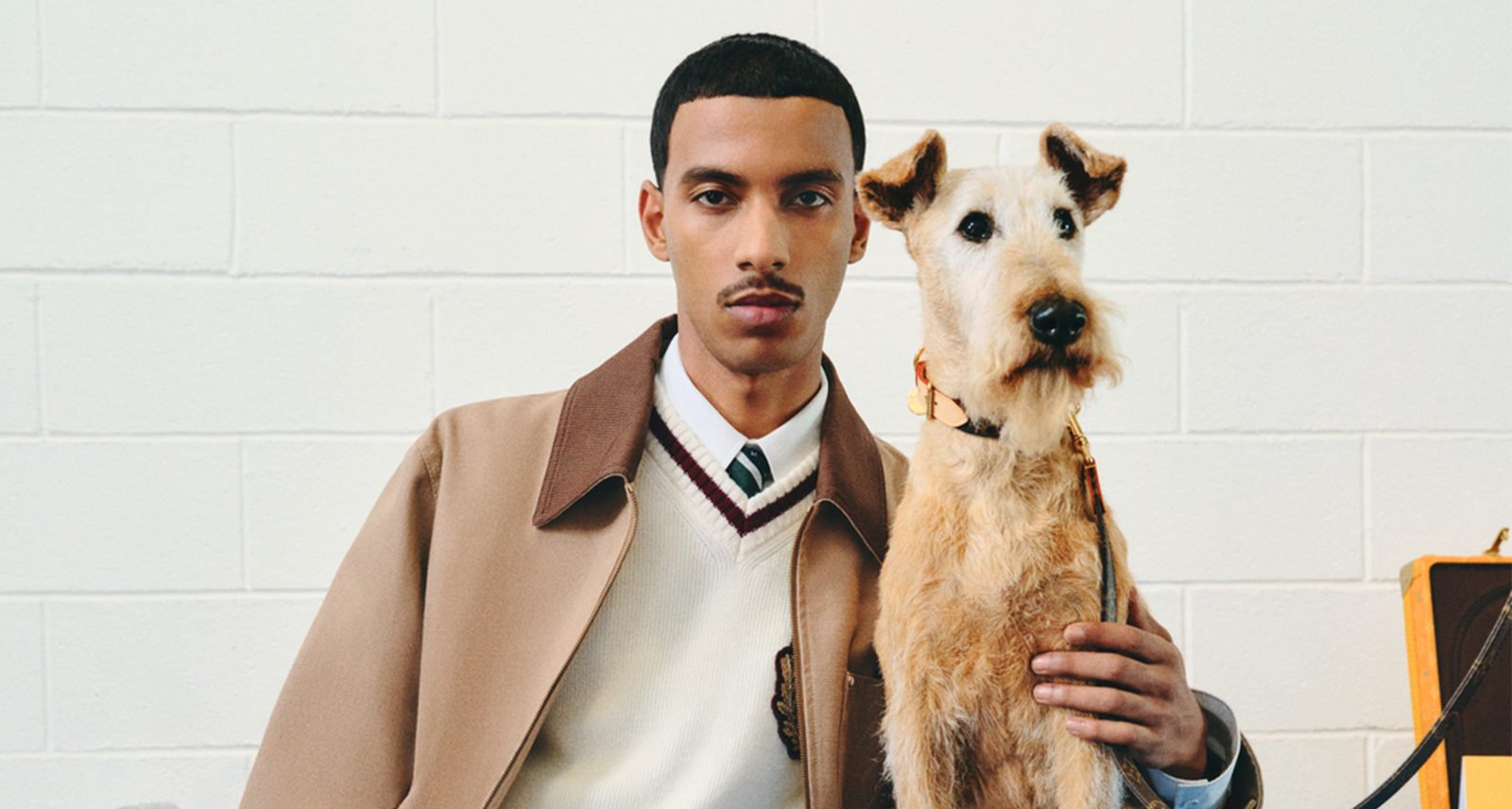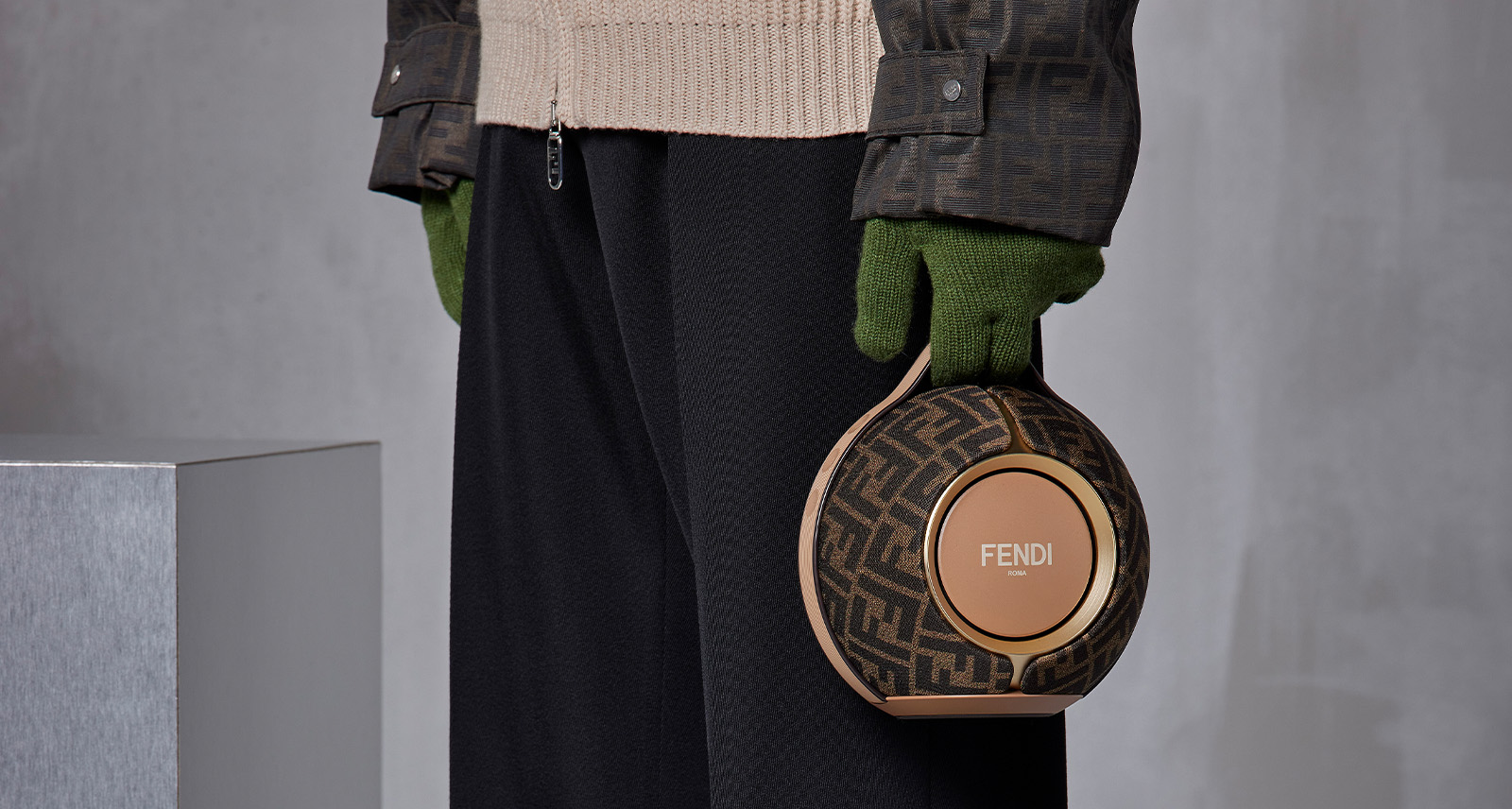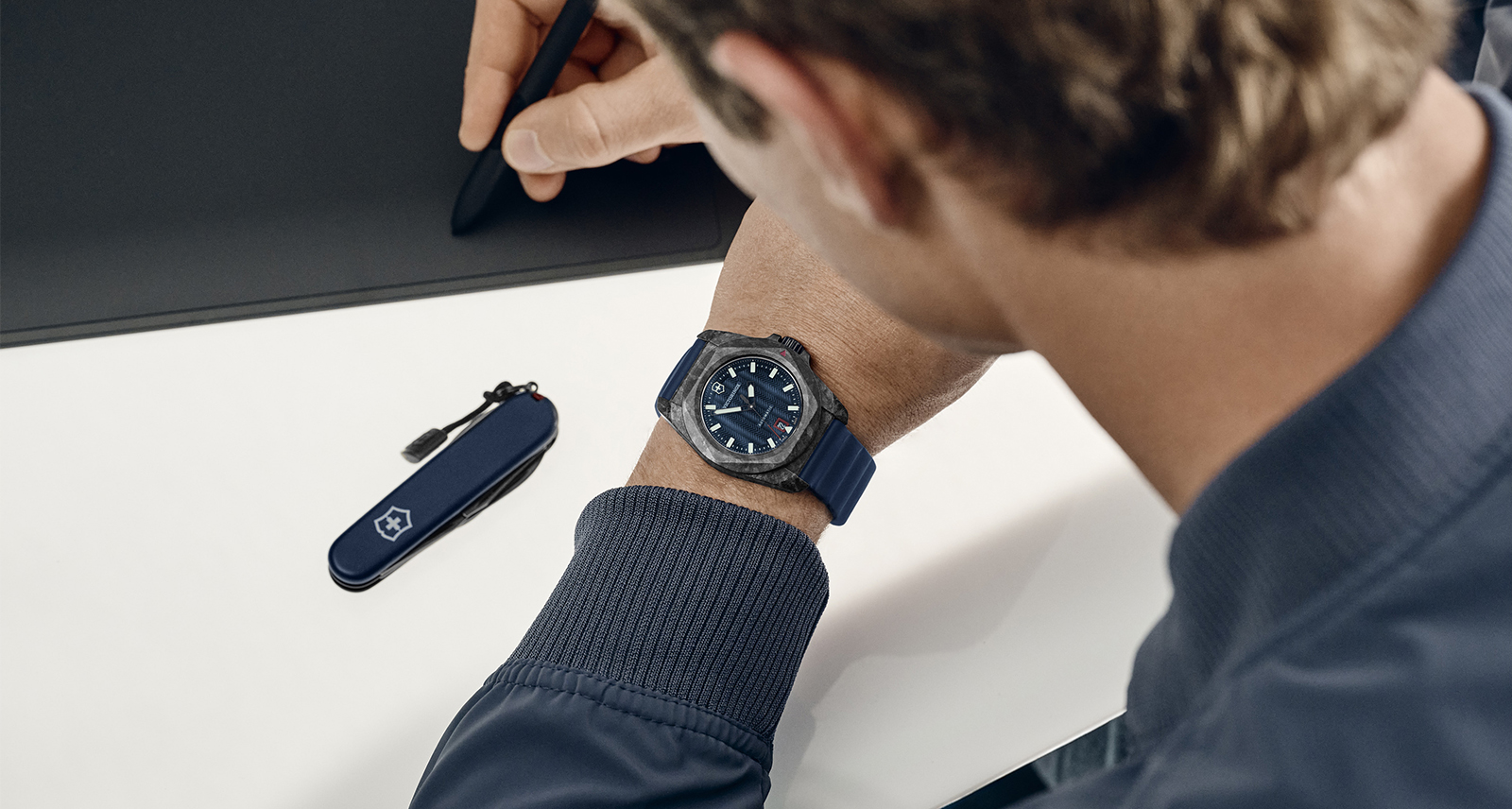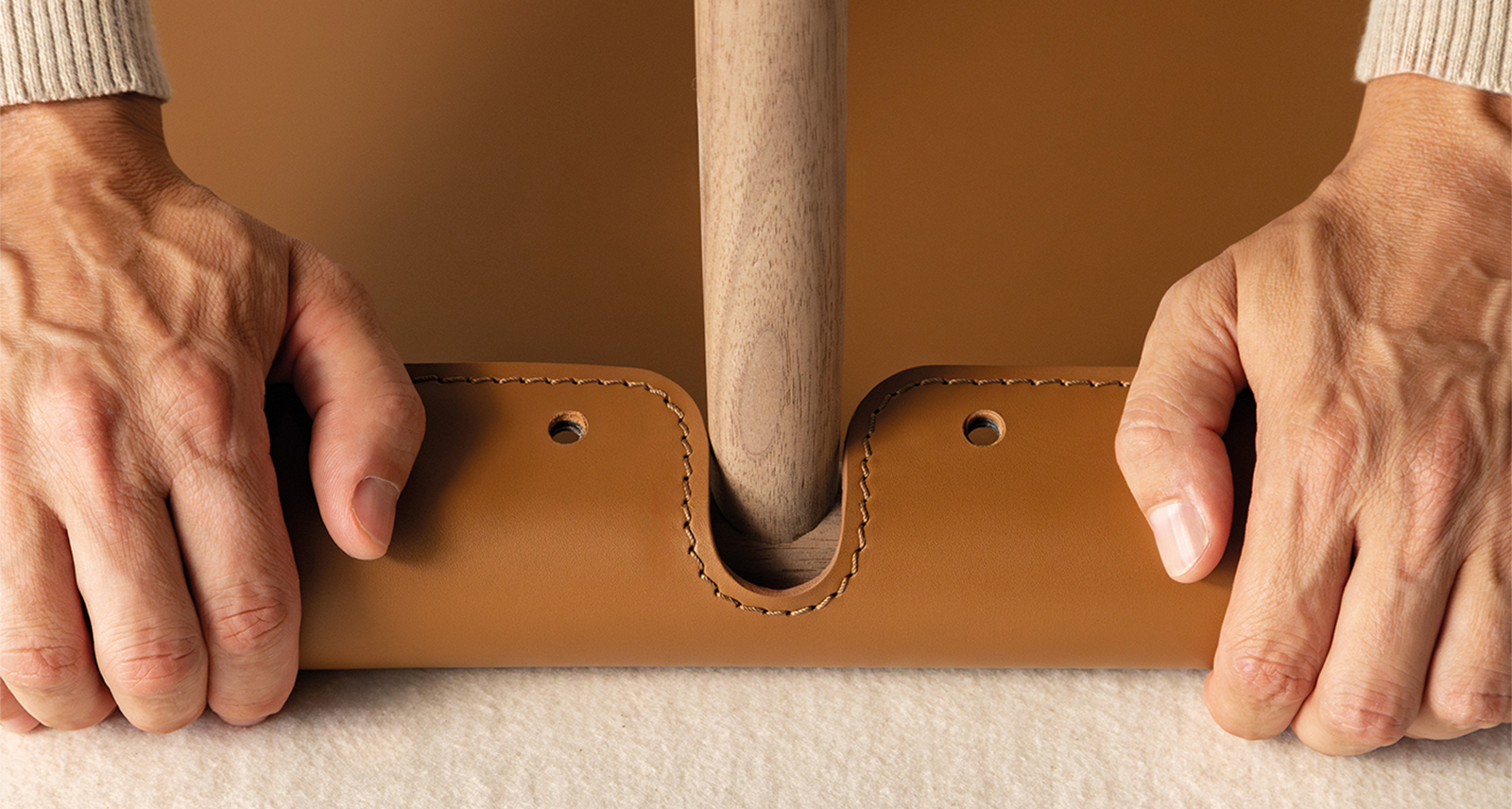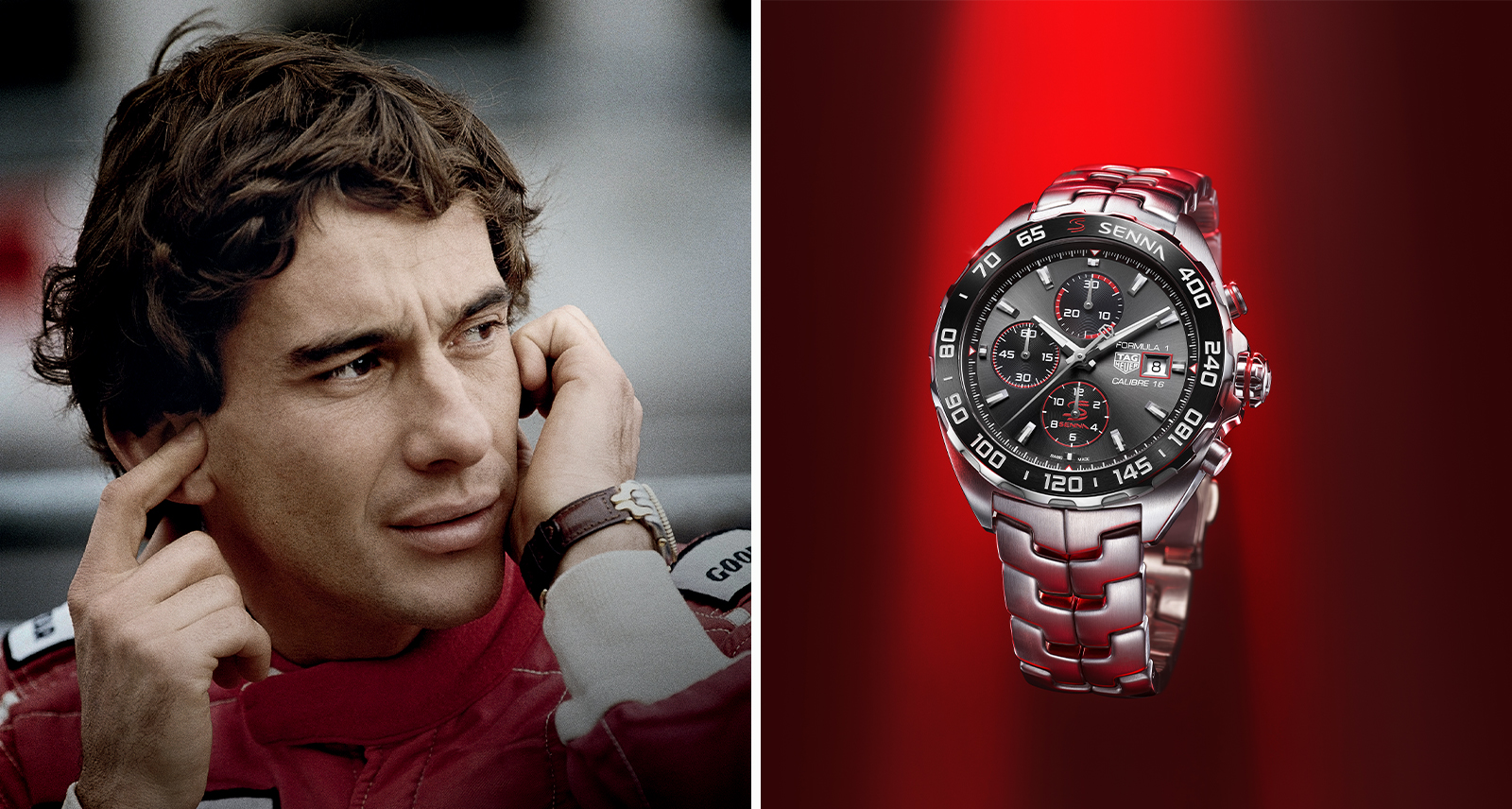Why You Should Stop Wasting Your Time Finding Outside-the-Box Gifts
My friend Jerry must have thought I was an ungrateful brat when I failed to show excitement over his Christmas gift: an industrial-looking green raincoat that seemed like it came from a literal old navy store.
It was 1995, my last year in England as a graduate student, and Jerry had noticed that I didn’t own a raincoat — quite an oversight on my part in a country where sunny days are undeclared national holidays. “You’re always wet,” he’d say as he gave me a hug hello. So, naturally, he got me what he thought I needed. Back then my idea of a good Christmas gift was something more luxurious or flashy. A silk tie, perhaps. A designer shirt, for sure. Something arty would do nicely: a book, a CD, or a vintage print. The people who gifted socks, scarves, and gloves from Woolworths belonged to a pre-Beatles Britain, dour and fusty. Or so I thought.
Jerry’s raincoat turned out to be a lifesaver: its protective layer meant that I caught fewer colds when I ventured out in the rain and generally dripped less when I walked into buildings. (I’m an absent-minded guy who forgets and loses umbrellas.) I brought the raincoat with me a year later when I moved to Canada and used it for nearly a full decade. It certainly made walking my dog on rainy spring days more tolerable.
The more “original” gifts I’ve received since then have stayed in their packaging, languishing in one storage unit or another as I changed apartments. I never really got any use out of the cufflinks in the shape of a typewriter (because I’m a writer, get it?); the silk tie with a dog print (because I have a dog, get it?); or the sweatshirt with a hand-drawn thoroughbred Arab horse on it (because…well, never mind). I still love the friends who took time during a busy season to think of something so personalized to give me. Lord knows I’ve bought similarly preposterous gifts for some of them. (A pink reversible sweater to a friend working on a PhD in queer studies? I did that.) But the holiday season comes as a reminder that sometimes the best gifts — and by implication, the best decisions in life — are simple, practical, and intuitive. We waste too much of our time beholden to that dreadful HR cliché of “thinking outside the box,” and forget to observe the needs of those in the box — the people who share our everyday lives. Boxes can keep ideas and objects safe, incubating and protecting them. Let’s hear it for the box.
Like other aspects of our lives — business, politics, education — gift-giving has been disrupted. From early November to Christmas Eve, many of us waste untold hours trying to come up with ideas to signal a departure in how we think of and show appreciation to our loved ones. We haunt malls, scour websites, and pound pavements to find the extraordinary. In doing so, we play right into the hands of the disruption cult. Innovate or perish, we’re told. Learn coding or you’ll be out of a job when the robots take over your line of work. Do the same, but differently.
“The holiday season comes as a reminder that sometimes the best gifts are simple, practical, and intuitive. We waste too much of our time beholden to that dreadful cliché of ‘thinking outside the box.’”
The hype is frightening and relentless. Gurus and consultants have proliferated in every sector, holding the higher moral ground against those who think that the tried-and-tested approach may well be the most radical one you can take now. I call this the Jerry Raincoat Principle. (Actually, I don’t, but I wanted to sound like one of those disruption experts for a second.) The raincoat may have been a disruption in the way Jerry normally chooses gifts but, to the best of my knowledge, it was a straightforward, uncomplicated — even natural — gift idea.
The invasion of philosophies best suited for industry or management — I’m not against disruptions that improve performance or make us work smarter rather than longer — into what should be a deeply personal experience worries me. Advancements in technology — and, in turn, the way the retail industry responds to them — are changing aspects of our humanity and allowing machines and algorithms to encroach further into our everyday decisions.
Innovations like “self-checkout” are already out-innovated. Checkout-free Amazon Go stores — where cameras track customers’ movements while shopping and an app on their phones calculates the total — are the way of the future. And if leaving home troubles you, you can always have your shopping delivered not by courier but by drones. We are moving more and more to a world that eliminates human contact (and many human jobs) in a race to adopt models of innovation and disruption. The erasure is not just of workers, but of our right to interact with fellow human beings when spending some of our hard-earned money. Neighbourhood stores are disappearing or being forced to charge more to break even as they struggle to compete with the large tech or corporate stores spending millions on changing the retail experience into a machine-driven one.
When it comes to tech, I’m just as guilty of buying into the hype. Planned obsolescence — particularly within the Apple family of gadgets, to which I admit a total devotion — means that everything from desktop to laptop to iPad to iPhone is less effective after two or three short years as new software or applications require more recent operating systems. Upgrade or risk not just looking behind the times, but falling victim to malware in older systems. Our digital immune system becomes vulnerable otherwise. I’m left with no choice but to go bigger and newer.
But has any of this led to better, more satisfying shopping or consuming experiences? I’m not so sure. We’re trying to run a race where the finish line keeps changing. There will always be a more powerful but much smaller model for whatever you use. Change for change’s sake is exhausting us, diverting our attention from more important challenges. This happens year-round, but it reaches fever pitch during the holidays, which, at the risk of sounding like every Hallmark Christmas movie, should be about focusing on the people and values that matter to us.
I’m not suggesting going back to typewriters or Netflix by mail. I’m mostly struggling to understand why we don’t find joy in the simple and the practical as much anymore. Not every choice in life needs to be an extension of a personal brand or a sign of adaptability in a world beset by disruption.
So if you’re reading this as you compile your shopping list for family and friends, please don’t torture yourself. You can’t go wrong with something they’ll use and get some joy out of everyday. The two need not be mutually exclusive. You’ll be amazed how much pleasure and warmth your parents or siblings will get from a good wool sweater, a toque or, naturally, a raincoat. Think of Christmas gifts the way you view your loved ones: both are there for the long haul and not passing fancies. Happy, handy holidays.
